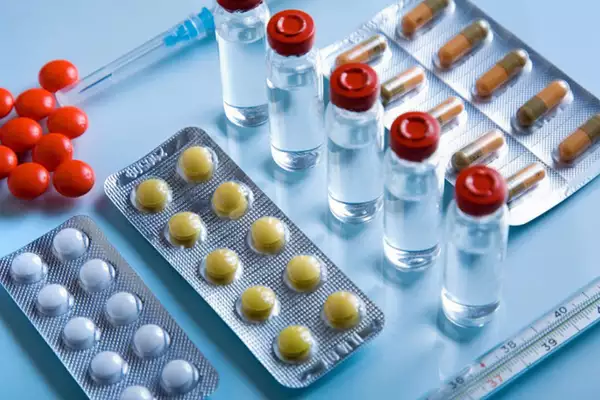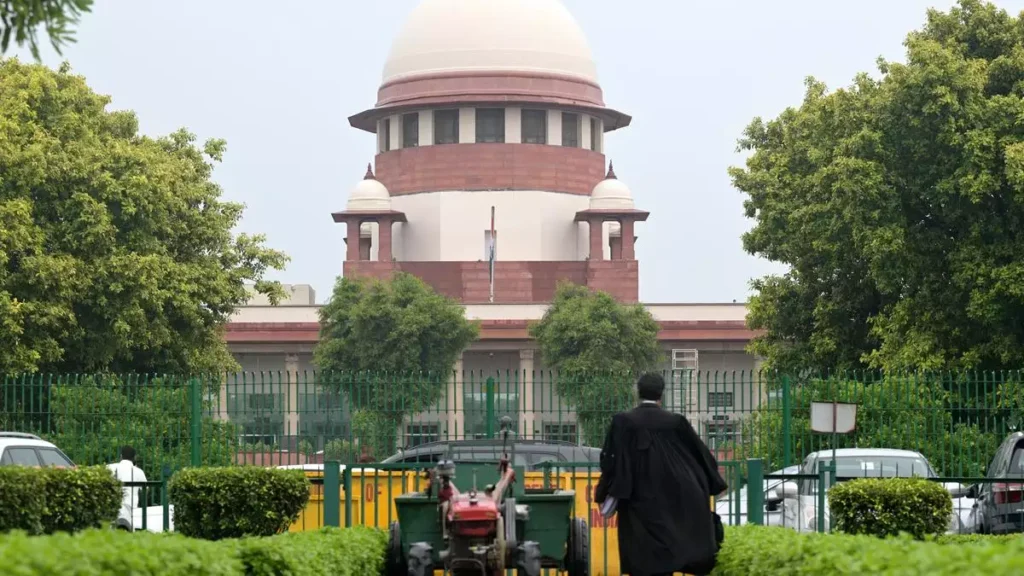The Supreme Court recently condemned the Ministry of AYUSH for its notification asking state licensing authorities for regulation of AYUSH drugs under Rule 170 of the Drugs and Cosmetics Act.
What is Rule 170 of Drugs and Cosmetics Act:
Rule 170 was introduced in 2018 to govern the manufacture, storage, and sale of AYUSH (Ayurvedic, Siddha, and Unani) medicines, focusing on controlling misleading advertisements.
Requirements for Advertisements:
- AYUSH drug manufacturers must obtain approval and a unique identification number from the state licensing authority before advertising their products.
- Manufacturers must submit:
- Textual references and rationale from authoritative books.
- Indications for use.
- Evidence of safety, effectiveness, and quality.
- Applications can be rejected if:
- Contact details are missing.
- The advertisement content is obscene, vulgar, or promotes enhancement of sexual organs.
- The advertisement includes photos or testimonials from celebrities or government officials, refers to any government organization, or makes misleading or exaggerated claims.
Issues with Regulation of AYUSH Drugs
- Licensing and Trials are similar to allopathic medicines, AYUSH drug manufacturers need a license from the drug controller.
- Unlike allopathic medicines, AYUSH drugs generally do not require phase I, II, and III trials for approval.
- AYUSH drugs can be approved based on rationales provided in authoritative texts.
- Safety trials are required only for formulations using around 60 specific ingredients listed in the Act, like snake venom, heavy metals, and compounds like copper sulfate.
- For drugs containing these ingredients or traditional drugs used for new indications, proof of effectiveness must be provided.
- The AYUSH ministry’s notification directed state licensing authorities not to take any action under Rule 170.
- Reason for Directive: The Ayurvedic, Siddha, and Unani Drugs Technical Advisory Board (ASUDTAB) recommended in a May 2023 meeting that Rule 170 could be omitted.
- The recommendation was based on the Drugs and Magic Remedies Act, which also governs misleading advertisements.
- The Supreme Court’s scrutiny highlights the importance of enforcing regulations that prevent misleading advertisements in the AYUSH sector.
Ref: Source
| UPSC IAS Preparation Resources | |
| Current Affairs Analysis | Topperspedia |
| GS Shots | Simply Explained |
| Daily Flash Cards | Daily Quiz |
Frequently Asked Question:
What is Rule 170 of the Drugs and Cosmetics Act?
Rule 170 was introduced in 2018 to govern the manufacture, storage, and sale of AYUSH (Ayurvedic, Siddha, and Unani) medicines, with a focus on controlling misleading advertisements.
How do licensing and trials for AYUSH drugs differ from allopathic medicines?
While AYUSH drug manufacturers need a license from the drug controller similar to allopathic medicines, AYUSH drugs generally do not require phase I, II, and III trials for approval.
What role does the Drugs and Magic Remedies Act play in regulating AYUSH drug advertisements?
The Drugs and Magic Remedies Act governs misleading advertisements and overlaps with the provisions of Rule 170, providing a regulatory framework to prevent misleading claims in the AYUSH sector.


